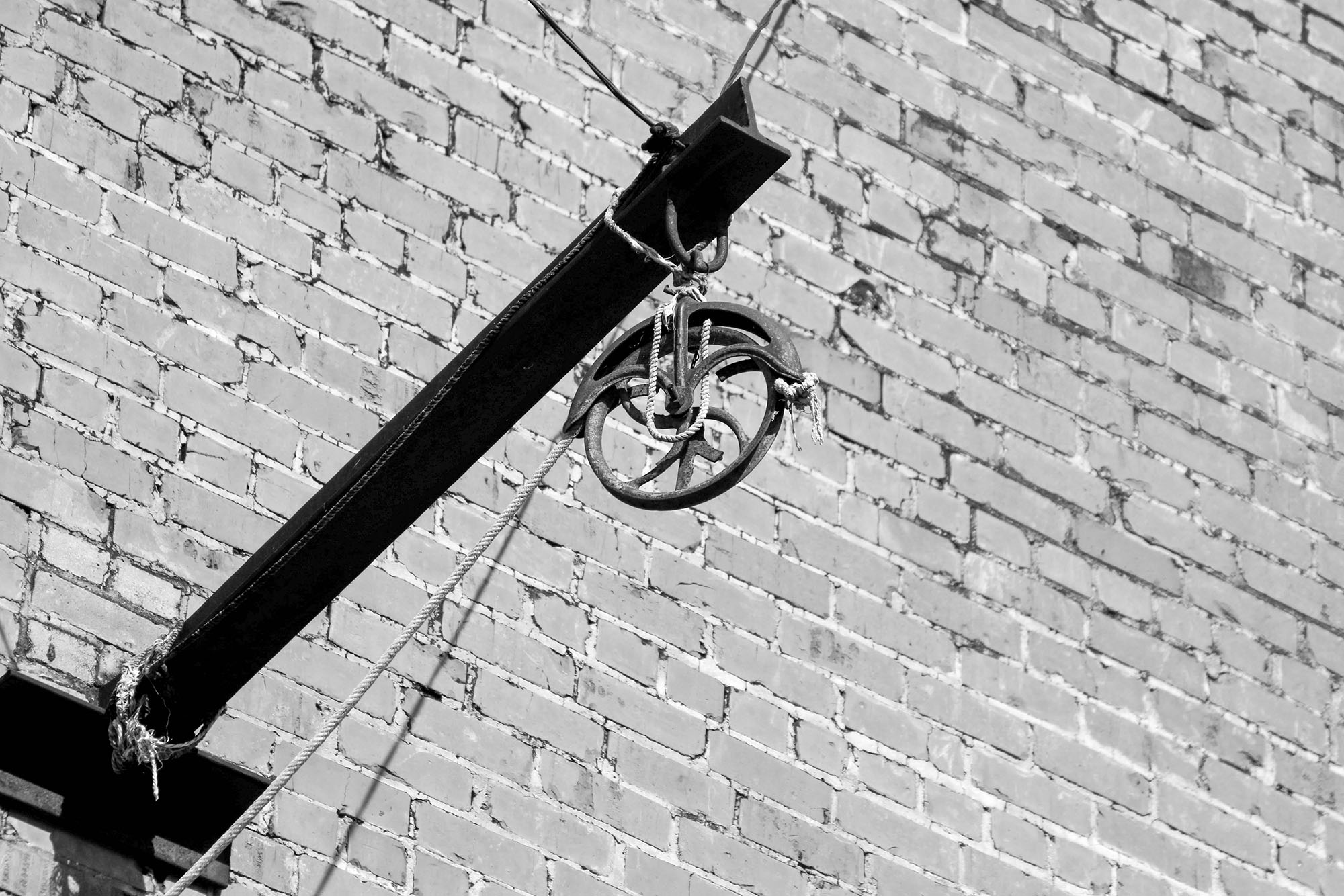|
Property owners face a tricky situation when they want to sell a property but still maintain rental income. No one likes losing rent, but keeping a tenant in the property while the property is for sale requires careful consideration.
Review the Sales Market It is important to evaluate the Real Estate sales market first. Ask yourself these important questions.
- Is it a buyer's or seller's market?
- Additionally, what are the interest rates and the availability of financing for potential buyers?
- Are properties selling where your investment property is located?
- Is this a good property for investors?
- Will your property attract buyers in this current market?
In a "hot" seller's market, there are fewer properties and more buyers. Therefore, in a fast-paced seller's market, it may be better to vacate the tenant, put the property in the best possible condition, and sell as quickly as possible. However, if the seller's market is having difficulties and taking a long time to sell a property, keeping a tenant in the property under the right conditions may be a way to put the property up for sale and maintain a more solvent financial situation. It also depends on if it is more suitable as an investment property. Keeping the tenant in a property that is more likely to attract investors than potential homeowners is also a favorable reason for keeping a tenant.
Analyze the Current Tenancy
Before deciding to sell with the tenant in the property, it is very important to check the rental agreement. Is this a lease or a month-to-month tenancy? If it is a lease soon to expire or it is a month-to-month agreement, then you will be able to give notice to the tenant when you sell if it is to be owner occupied. If it is still a long-term lease, then you have another problem and you may want to reconsider selling or investigate if you can sell the residence to another investor.
It may be that the tenant is a prospect for buying your rental property. If so, have a professional determine if this is realistic, if they truly have the purchasing power, and that they complete this evaluation in a timely manner. If they cannot buy the residence, move on to determining whether it is worth keeping the tenant in the property.
Since you have determined the selling market means you want to keep the tenant, you have to consider if the property will realistically sell with the current residents.
- How does the property currently look with the tenant in the property?
- Will they keep the property in a marketable condition?
- Will they be cooperative with showing the property and working with the listing agent?
- Will they cooperate with necessary maintenance and inspections?
Evaluate Your Financial Outlook
It helps to sit down and realistically pencil out if you can afford to sell or if it is better to wait until the sales market improves. If the situation warrants selling, then you must figure out how many months you can sustain the property with or without rent. Add in any possible "financial incentives" that you may have to offer the tenants for their cooperation. Then tie that in with the current sales market and the current tenancy. There are two simple questions to answer.
- Can you afford to sell in the current market with the property vacant?
- Can you afford to sell in the current market with the current tenant occupying the property?
Selling with the Tenant
If you have determined that it is worthwhile to keep the tenant in the property while putting it on the market for sale, it is very important to have a clear understanding for all parties involved, especially with the tenant, and it must be in writing. There are too many cases of "he said, she said" that have taken place while trying to sell tenant-occupied properties and the seller ends up in litigation with the tenant. Consult your property manager and sales agent on the right way to proceed and their roles during the listing period. It often helps to offer incentives to the tenant, but be sure to give them after the tenant cooperates.
Contact us so that we can help you find the right solutions. Selling an occupied property may be a worthwhile venture but it is important to listen to professional advice, have a clear understanding with all the parties involved, and approach it realistically.
|







